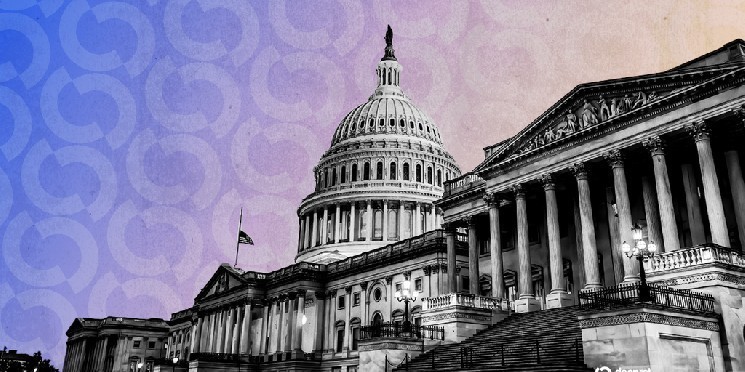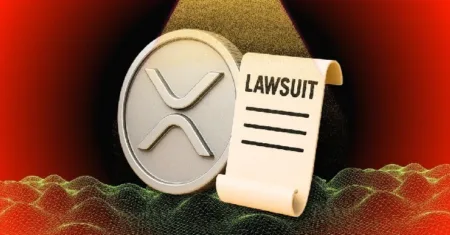The Digital Asset Market Clarity Act, a bill aiming to reshape crypto regulation in the U.S., has passed through two key House committees and is now headed for a full floor vote.
The House Committee on Financial Services voted 32-19 on Wednesday to advance H.R. 3633, following a bipartisan 47-6 vote in the House Agriculture Committee, which also oversees commodity markets and digital assets, on Tuesday.
“Blockchain technology and digital assets are reshaping the future of American finance,” House Financial Services Chair French Hill (R-AR) said in a statement. “Congress has a historic opportunity to provide the clear regulatory framework needed to unlock this innovation.”
The dual approvals mark a significant milestone for the legislation, which needed to pass both committees before reaching the full House. The bill’s two marked-up versions will now be consolidated into one text for floor consideration.
If passed, the CLARITY Act would formalize the removal of oversight powers from the Securities and Exchange Commission and establish the more hands-off Commodity Futures Trading Commission as the primary regulator for most digital assets.
Crypto issuers could still opt into SEC registration if they seek to sell directly to institutional investors.
“Today marks a historic moment for the digital asset industry,” Ji Kim, President and acting CEO of the Crypto Council for Innovation, said in a separate statement.
“The House Financial Services and Agriculture Committees both advanced the CLARITY Act—a major step toward clear crypto rules that define SEC and CFTC roles, protect self-custody, and safeguard consumers,” Kim added.
Even still, critics warn the measure could reduce financial safeguards and open regulatory loopholes.
Despite some bipartisan momentum, the bill faced heavy criticism from Democrats during Tuesday’s Financial Services Committee markup. Some argued the bill paves the way for corruption and pointed to former President Donald Trump’s crypto ventures as a concern.
Others, including pro-crypto Rep. Sam Liccardo (D-CA), questioned its allowing loopholes that could see companies call themselves decentralized finance projects to evade regulation.
Republicans defended the bill, emphasizing that regulatory status would be based on a platform’s function, not its label. They voted down numerous Democratic amendments, including provisions barring presidential crypto ventures and taxpayer-funded bailouts for token issuers.
“This bill is not about the personal finances of any one individual,” Hill said. “It’s not an ethics bill.”
Edited by Sebastian Sinclair
Read the full article here









